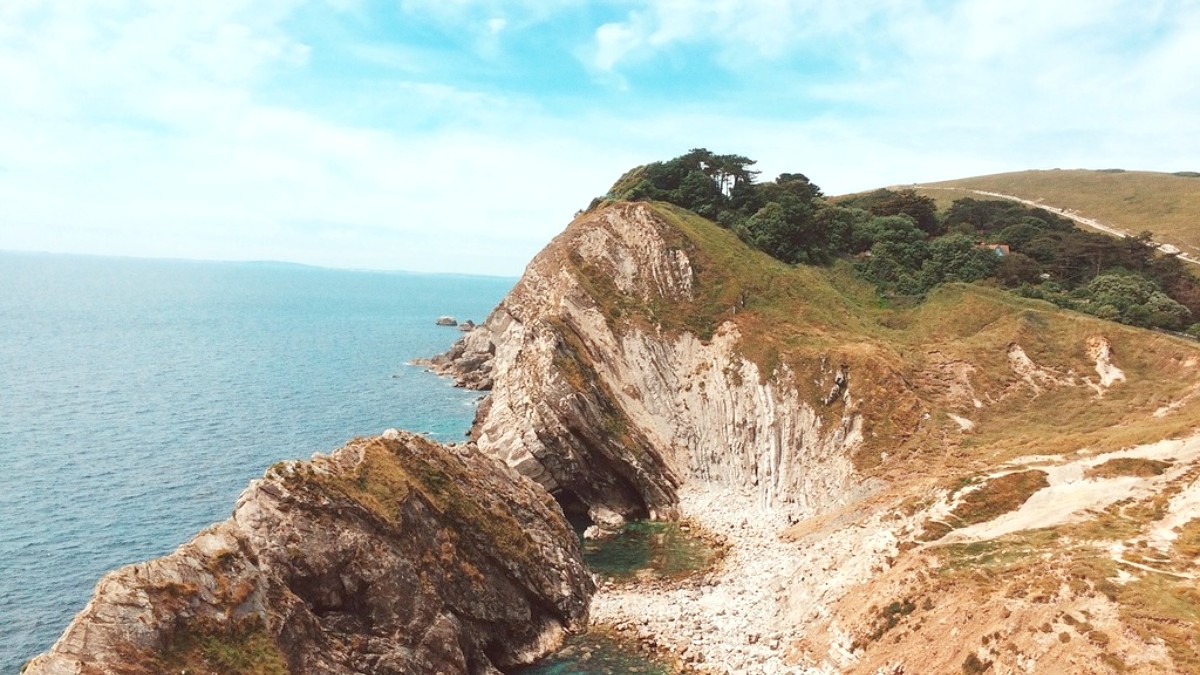
England, UK
Major mobile providers in the UK include EE, Vodafone, O2, and Three. You can obtain pay-as-you-go (PAYG) ESIMs or physical SIM cards at airports, supermarkets, and dedicated phone shops upon arrival.
Free Wi-Fi is common and widely available in hotels, B&Bs, cafes, pubs, and public libraries. Many public areas in towns also have free Wi-Fi hotspots, or consider a Portable WiFi device.
Royal Mail operates the postal service. You will find red post boxes (pillar boxes) widely available for sending letters and postcards.
English is the national language, so language barriers are unlikely. While regional accents exist, standard English is universally understood. For deeper cultural immersion, consider Language learning.
Local SIMs or eSIMs offer flexible communication options. Free Wi-Fi is widely available in many establishments.
Familiarize yourself with typical business hours and how public holidays might change schedules.
Usually 9:00 AM - 5:30 PM (Mon-Sat). Larger supermarkets have extended hours. Sundays: 10:00 AM - 4:00 PM.
Generally 11:00 AM - 11:00 PM (midnight Fri/Sat). Food service often stops earlier.
Lunch: 12:00 PM - 2:30 PM. Dinner: 6:00 PM - 10:00 PM. Some close between sittings.
Opening hours vary widely by attraction type and season. Most museums and visitor centers open around 10:00 AM and close between 4:00 PM and 5:00 PM, with longer hours in summer.
Banks typically open from 9:00 AM or 9:30 AM to 4:00 PM or 4:30 PM, Monday to Friday. Some larger branches open on Saturday mornings.
Check specific opening hours for smaller businesses, especially during low season. Public holidays alter schedules.
A brief guide to local customs and social graces for a harmonious visit.
A simple "hello" or "hi" is common and friendly. Handshakes are usual for introductions.
Generally, dress in the UK is casual. Smart casual wear suits nicer restaurants or evening events. No strict dress codes for churches.
Tipping is appreciated but not as mandatory as in some other countries. For pub drinks, it is not customary.
Generally, it is fine to photograph public places and landscapes. Be respectful of people's privacy; always ask permission before photographing individuals, specifically children.
Politeness and observing local customs contribute to a pleasant visit for everyone.
Accessibility infrastructure varies across the Jurassic Coast due to its mix of historic sites and natural rugged terrain.
Newer public buildings, major transport hubs, and larger attractions generally possess good accessibility features (ramps, lifts, accessible toilets).
Many major museums, visitor centers, and some larger towns (like Weymouth) extend good accessibility. Some sections of the South West Coast Path are more accessible than others.
Assistance dogs are generally welcome in public places and on public transport. Larger attractions may present information in alternative formats or offer audio guides.
Websites like AccessAble (Www.accessable.co.uk) deliver detailed accessibility guides for venues across the UK.
Verify accessibility details for specific sites as conditions can vary, especially at historic locations and natural paths.